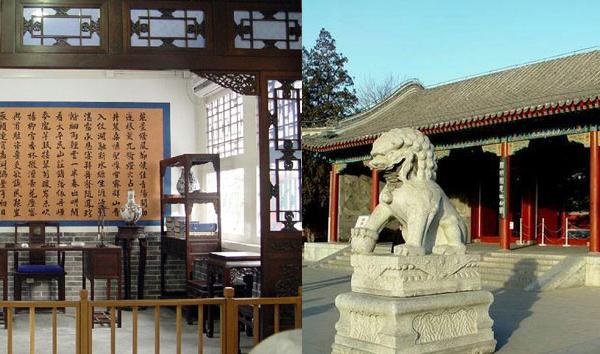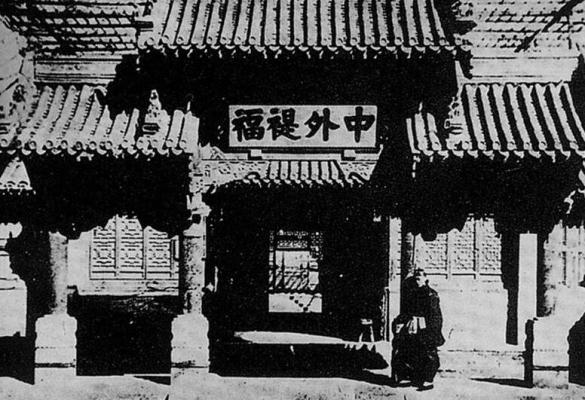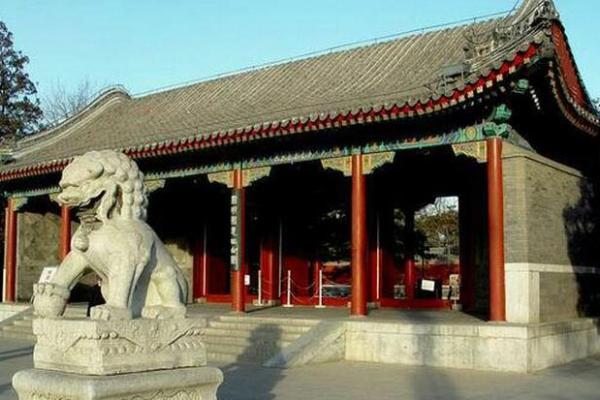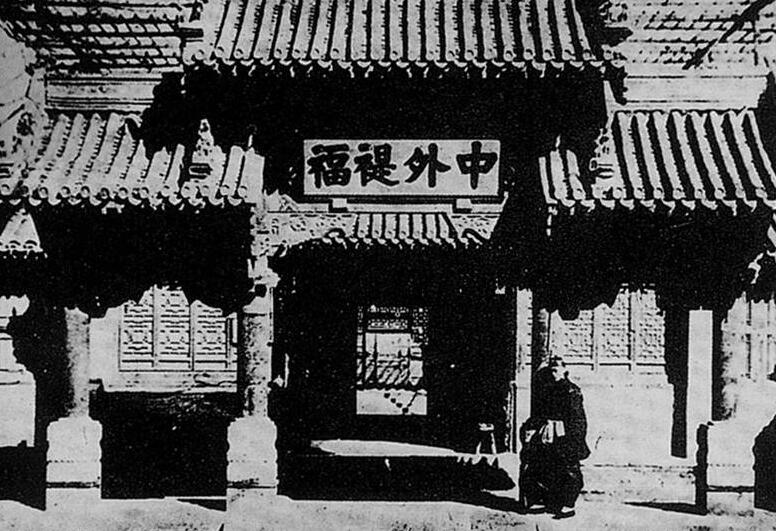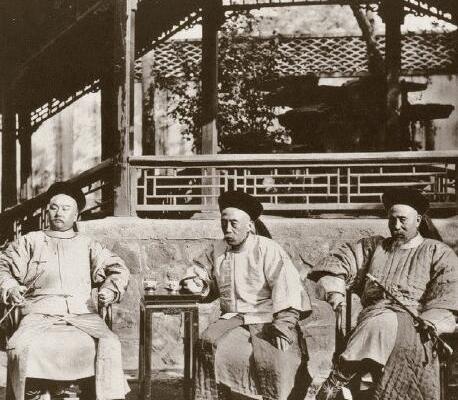Ministry of Foreign Affairs in the Qing Dynasty (总理衙门)
The Zongli Yamen was the government body in charge of foreign policy in imperial China during the late Qing dynasty. It was established by Prince Gong in 1861 after the Convention of Beijing. It was abolished in 1901 and replaced with aForeign Office of m
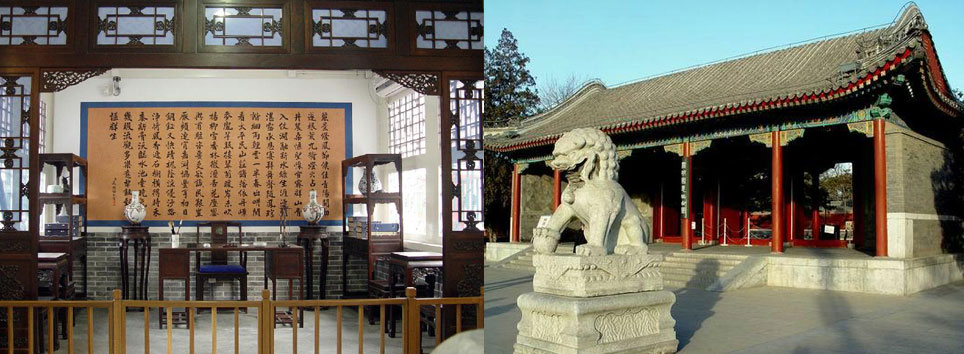
-
Tel:
+86 10 65130828 -
Best Time to Visit:
All Year -
Duration:
1 hour -
Admission:
No No -
Opening Hours:
9:00 – 17:00
Description
Ministry of Foreign Affairs in the Qing Dynasty (总理衙门)
The former site of the Zongli Yamen is now located in Dongtangzi Hutong, Dongcheng District, Beijing. Nearly all the buildings are preserved in good condition.
The Zongli Yamen was the first significant institutional innovation in the central Beijing bureaucracy that the Qing government had made since the Yongzheng Emperor created the nucleus of the Grand Council in 1729. The Zongli Yamen was supervised by a controlling board of five senior officials (initially all Manchus), among whom...
Ministry of Foreign Affairs in the Qing Dynasty (总理衙门)
The former site of the Zongli Yamen is now located in Dongtangzi Hutong, Dongcheng District, Beijing. Nearly all the buildings are preserved in good condition.
The Zongli Yamen was the first significant institutional innovation in the central Beijing bureaucracy that the Qing government had made since the Yongzheng Emperor created the nucleus of the Grand Council in 1729. The Zongli Yamen was supervised by a controlling board of five senior officials (initially all Manchus), among whom Prince Gong was the de facto leader. In their discussions on establishing the new agency, Qing officials reiterated that it was only to be a temporary institution, maintained until the current foreign and domestic crisis had passed.
The Zongli Yamen had a relatively low formal status in the Qing administrative hierarchy and its members served concurrently in other government agencies, which further weakened its position. Furthermore, the Zongli Yamen was not the sole policy making body in foreign affairs, a prerogative which still rested in the hands of the emperor. It became the means of communication between the Qing government and the foreign ministers to China in Beijing's legation quarter.
